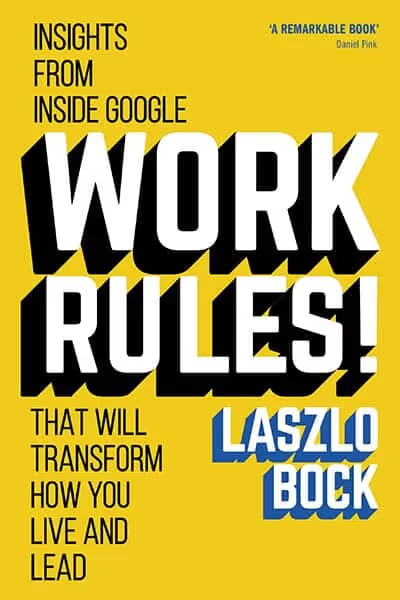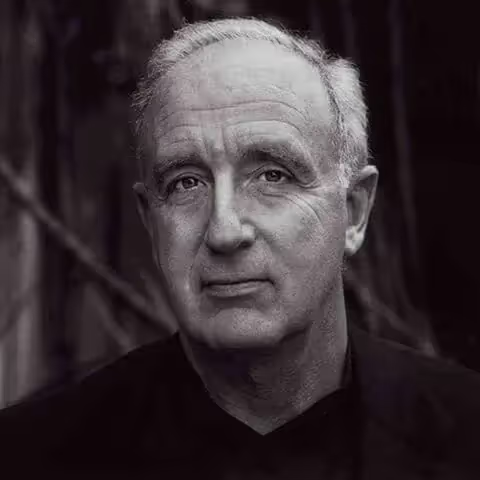
Colleen Hoover’s books have remained on The New York Times Best Seller lists for months, continuing to dominate the world of fiction with their addictive and, at times, horrifying storylines. Her combination of romance and psychological thriller is distinctive: Verity tells the story of Lowen Ashleigh, an unfulfilled, down-and-out author who is offered a handsome earning for co-authoring the remainder of a series written by an extremely successful woman, Verity Crawford. Upon accepting this offer, Lowen must travel to the Crawford home to comb through Verity’s office for research—but once there, her attraction to Verity’s husband and her inexplicable uneasiness in the Crawford household compound her already complicated position. This peculiar and disquieting story has ensnared readers, remaining on the New York Times Best Seller list for thirty-six weeks.
As the title suggests, Verity centers around truth and its potential for either destruction or unification. Lowen is faced with falsehoods and facts alike, unsure which is which, and she must make moral decisions based on this undetermined information. Hoover incorporates these complex ideas about truth as well as love, violence, and trauma through her dire plot and sinous relationships. In a world where everyone seems ultimately doomed for unhappiness, Hoover dives into vulnerable parts of humanity. She also unabashedly explores the darkest parts of the human psyche, touching on the grotesque realities and disturbing potential buried in all of us. At times, I could not put the book down, and at others, I had to before my fear got the better of me.
The narration in Verity alternates between Lowen and Verity’s points of view. As more details unfurl about Verity’s life and the tragedy she withstood, Lowen’s discomfort in the Crawford home grows until everything comes to a head. The deft suspense each chapter brings is nearly unbearable yet simultaneously captivating. Hoover’s use of the uncanny is brilliantly unnerving: The notion of the uncanny was introduced first by German psychiatrist, Ernst Jentsch, in 1906, then expanded upon by none other than Sigmund Freud in 1919. It is defined as a creepy quality which arises out of strange familiarity, such as dolls which appear eerily human even when we know they aren’t real. Verity utilizes the uncanny in a similar way to the 2010 Darren Aronofsky film, Black Swan: Both works emphasize horror aspects of physical gore and enigmatic situations, to the point of appearing unnatural and therefore ominous. Lowen’s knowledge of Verity’s immobile condition does not stop her from experiencing chilling impossibilities—occurrences which could only be explained by another reality. She is forced to question the truth with which she has been presented. In short, Verity is set in a grounded world which explores perturbing notions and themes, and it is not for the faint of heart.
However, Verity is indeed a romance as well as a thriller. One moment, this story will grip you with unsettling details of death and deception, and the next, the characters will be engaged in such bawdy activities that you may begin to feel your face burn. These racy descriptions add to the intensity of the novel, but they also warrant a warning: This book does not hold back when it comes to erotica. In comparison, the individual characters are sometimes underdeveloped, and their relationships are often defined by more surface level connections, such as lust. The plot also does not incorporate much peripheral conflict typically used to flesh out characterization—yet this does not yield lack of intrigue.
Throughout the novel, deranged facets of the plot primarily fuel your interest. As the end nears, Verity only grows more warped. The final chapters are filled with alarming twists, moral complications, and questionable truths. Lowen’s inner monologue is contradictory, confusing, and very human; you will identify with her constantly shifting beliefs and feelings as she uncovers more and more about the Crawford family. Hoover shifts your allegiance to characters, offering opposing convictions and leaving you with a mixture of differing emotions and loyalties by the end. When you finally close the book, I guarantee your head will be swimming with the possibilities of truth.
Find what you love and let it kill you.
Lowen Ashleigh is a poor writer on the verge of bankruptcy when she takes the job of a lifetime. Jeremy Crawford, popular novelist Verity Crawford's husband, has hired Lowen to finish the remaining novels in a lucrative series that his wounded wife is unable to complete.
Lowen arrives at the Crawford residence, eager to sift through years of Verity's notes and outlines in the hopes of finding enough material to get her started. What Lowen does not expect to find in the shambles of Verity's office is an unfinished autobiography that Verity never meant for anybody to read. Page after page of disturbing revelations, including Verity's remembrance of the night her family's lives were permanently changed.
Lowen chooses to withhold the book from Jeremy, knowing that its contents may be devastating to the already bereaved parent. But as Lowen's feelings for Jeremy become stronger, she realises how much she would benefit if he read his wife's comments. After all, no matter how much Jeremy loves his damaged wife, this knowledge would make it difficult for him to continue loving her.
There is no such thing as bad people. We’re all just people who sometimes do bad things.
Lily hasn't always had it easy, but it hasn't stopped her from striving for the life she desires. She's gone a long way since growing up in a tiny town—she graduated from college, relocated to Boston, and established her own business. And when she develops feelings for a stunning neurosurgeon called Ryle Kincaid, everything in Lily's life appears to be too wonderful to be true.
Ryle is aggressive, stubborn, and perhaps even arrogant. He's also sensitive, bright, and has a huge crush on Lily. And the way he looks in scrubs doesn't hurt either. Lily can't seem to get him out of her mind. However, Ryle's aversion to partnerships is troubling. Even as she becomes the exception to his "no dating" rule, Lily can't help but wonder what made him that way in the first place.
As her new relationship issues overwhelm her, so do memories of Atlas Corrigan, her first love and a link to the past she left behind. He was her guardian and kindred soul. Everything Lily has created with Ryle is jeopardised when Atlas arrives unexpectedly.
Love isn't always pretty. Sometimes you spend all your time hoping it'll eventually be something different. Something better. Then, before you know it, you're back to square one, and you lost your heart somewhere along the way.
When Tate Collins meets airline pilot Miles Archer, she doesn't think it's love at first sight. They wouldn’t even go so far as to consider themselves friends. The only thing Tate and Miles have in common is an undeniable mutual attraction. Once their desires are out in the open, they realize they have the perfect set-up. He doesn’t want love, she doesn’t have time for love, so that just leaves the sex. Their arrangement could be surprisingly seamless, as long as Tate can stick to the only two rules Miles has for her.
Never ask about the past.Don’t expect a future.
They think they can handle it, but realize almost immediately they can’t handle it at all.
Hearts get infiltrated.
Promises get broken.
Rules get shattered.
Love gets ugly.
Colleen Hoover has released over twenty-two novels and novellas. Many of them earned notable spots on the New York Times Best Seller lists, and they continue to remain on the lists years after their initial publication. Verity, It Ends With Us, and Ugly Love all persist atop the fiction bestsellers. Hoover’s most popular novel, It Ends With Us, is currently in development for a film adaptation. Verity is also said to be in development at Amazon Studios.










.avif)


.webp)








































